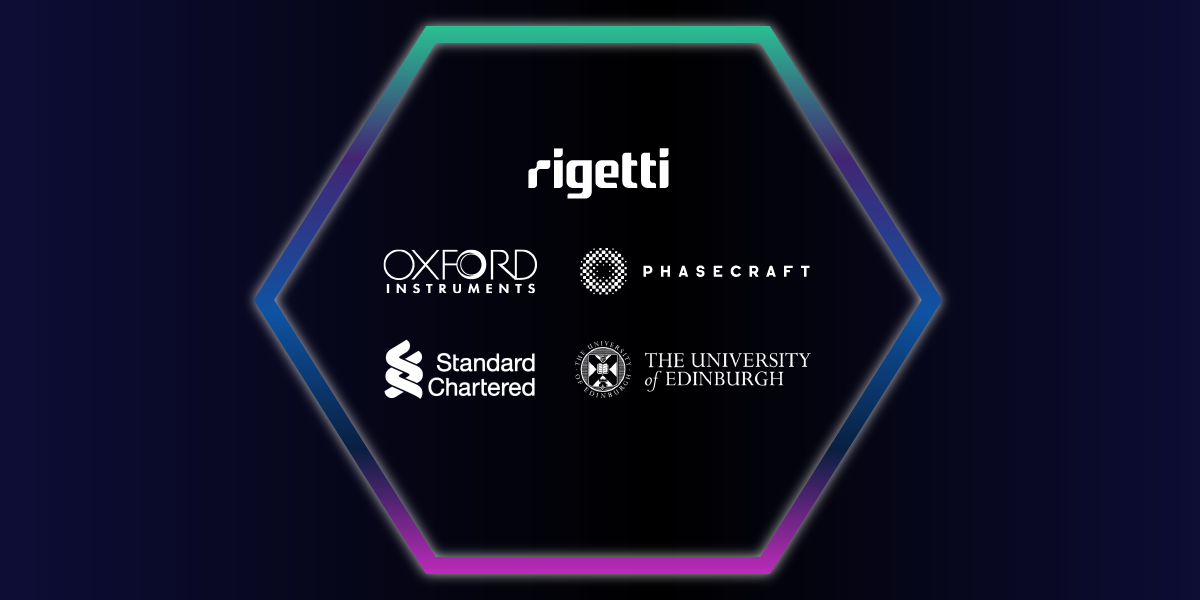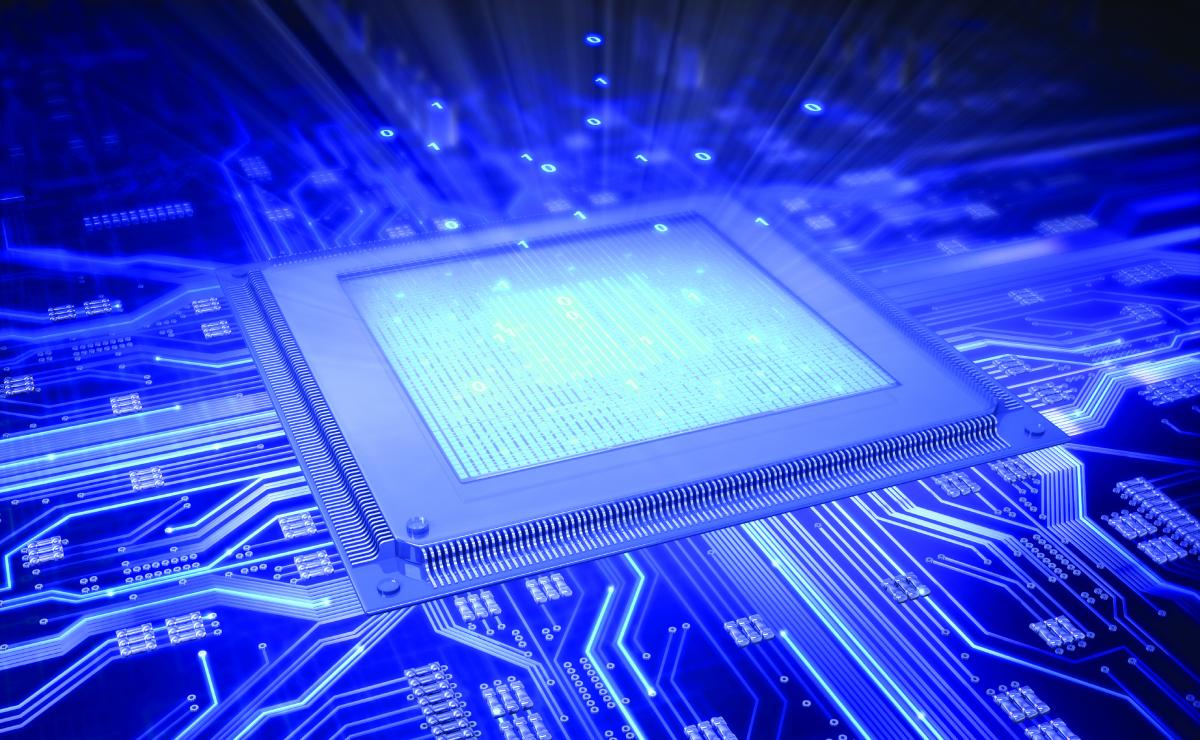马丁·伍德科学奖
量子技术的发展和商业化将为计时、传感、成像、计算和密码学带来新的可能性。牛津仪器致力于通过改善医疗保健、能源生产和储存、生物科学和信息学、功能材料、先进计算和全球安全,在推动量子技术发展和创造社会影响方面发挥关键作用。我们生活和工作的世界将通过研究和工业领域的量子技术发生革命性的变化。
该项目由里盖蒂计算机公司(Rigetti Computing)牵头,与爱丁堡大学(University of Edinburgh)、Phasecraft和渣打银行(Standard Chartered Bank)合作,我们将在那里建造和运营英国第一台量子计算机,使其可以通过云计算实现,并在机器学习、材料模拟和金融领域寻求实际应用。
“由于我们目前正面临着第二次量子革命,量子技术在全球挑战的驱动下正在引发广泛的不同应用。在这个有趣的时代,这是一个值得参与的伟大项目,并将有助于开发创新的解决方案来应对挑战。”牛津仪器纳米科学公司总经理Simon Holden说
 Read the press release
Read the press release
Quantum computers will be able to solve certain 'multi-root' problems (e.g. factorising very large numbers) much more quickly than any classical computers that use even the best algorithms. Oxford Instruments' wide range of systems provides the low temperature environment that is essential to the performance of the quantum processor. This processor is able to address complex computational challenges that are difficult or impractical to perform using conventional systems, and represents a paradigm shift in quantum technology.


In a world overwhelmed by increasing amount of data, finding new ways to store and process information has become a necessity. Quantum information processing (QIP) uses qubits as its basic information units. QIP has many facets - from quantum simulation, to cryptography, to quantum computation, which is expected to solve problems more complex than those within the capabilities of conventional computers.
The quantum Hall effect is a quantum-mechanical version of the Hall effect, observed in two-dimensional electron systems subjected to low temperatures and strong magnetic fields. Physicists have long used standard electrical transport measurements such as resistivity, conductance and the Hall effect to gain information on the electronic properties and structure of materials. Now quantum transport measurements such as the quantum Hall effect (QHE) and fractional quantum Hall effect (FQHE) in two-dimensional electron gases (2DEG) and topological insulators – along with a range of other more complex measurements – inform researchers on material properties with ultimate precision leading to primary standards


The discoveries and development of quantum physics in the early 20th century transformed science and unlocked whole new generations of innovative and commercial technologies. Quantum technologies now carry the promise of enabling the next generation of sensors and detectors which exploit quantum effects. Many quantum technologies will rely upon ultra low temperatures (close to absolute zero) to work. Our user-friendly ultra low temperature environments make this possible. Quantum sensing describes the use of a quantum system, quantum properties or quantum phenomena to perform a measurement of a physical quantity. The field is expected to provide new opportunities especially with regard to high sensitivity and precision in applied physics and other areas of science.
Quantum transport measurements are widely used in characterising new materials and devices for emerging quantum technology applications such as quantum information processing (QIP), quantum computing (QC) and quantum sensing. Such devices hold the potential to revolutionise future technology in high performance computing and sensing in the same way that semiconductors and the transistor did over half a century ago.

Quantum computing and qubit scale-up applications with Proteox
This webinar provides an overview of the new Proteox dilution refrigerator from Oxford Instruments, highlighting the key features and suitability for many quantum computing and qubit scale-up applications. The Proteox system is an essential tool for low temperature researchers, providing advanced research capability. It enables a step change in Cryofree system modularity, designed for enhanced adaptability, reliability and increased experimental capacity.
Watch now: Quantum computing and qubit scale-up applications with Proteox
Quantum Technology: Challenges and solutions for device fabrication and characterisation
This webinar will provide an overview of device fabrication and characterisation challenges and solutions for applications in Quantum Technology such as Quantum computing, communications and sensing. The next step up in device performance will be driven by development in materials processing and characterisation technology. In this webinar we will address three aspects of device development for superconducting qubits and Quantum circuits.
Watch now: Quantum Technology: Challenges and solutions
Cryogenics for Quantum Applications with the British Cryogenics Council
Recent technical advances in Cryofree® technology are enabling new class of cryogenic systems that are compact in size and cryogen free. We will present recent progress in new cryogenic solutions addressing the technical challenges one need to address for developments of an integrated and compact platforms for quantum applications. The new systems are small and combined with Cryofree® technology, advanced sample management and instrumentation is enabling new class of quantum-enhanced applications.
Watch Now: Cryogenics for Quantum Applications
Transport properties of low dimensional semiconductors
Join Javad Shabani, Assistant Professor of Physics at New York University and a member of the Centre for Quantum Phenomena and Dr Gustav Teleberg, Cryogenics Product Specialist at Oxford Instruments
Near surface quantum wells with strong spin orbit coupling have attracted a great deal of interest since they can be interfaced epitaxially with superconducting films and have proved as a robust platform for exploring mesoscopic and topological superconductivity. In this work, Dr Shabani uses an Oxford Instruments’ 12 Tesla TeslatronPT top loader superconducting magnet system to study transport properties of quantum wells, quantum Hall effect, Shubnikov de Haas mass measurements and spin orbit coupling in these two-dimensional gas systems.
Watch Now: Transport properties of low dimensional semiconductorsQuantum Brochure
Download Quantum BrochureTeleportation and quantum communications Case Study
As part of the European Quantum Flagship QMiCS programme, Oxford Instruments is a key partner supporting the development of a quantum microwave local area network. This architecture will enable quantum communication protocols such as teleportation between two superconducting quantum nodes. This approach has future applications for distributed quantum computing and radar-style quantum sensing with microwaves.
Find out morePathways
There are many new challenges in Quantum Computing. It is anticipated there are a diverse range of applications particularly in previously unsolvable or lengthy computational problems. This is of particular importance for optimization, unstructured search, materials simulation and logistics.
We have the solution for your Quantum Application challenges in our Pathways page.
Quantum Pathways Page 公安机关备案号31010402003473
公安机关备案号31010402003473